
The word the Lord gave me for the new year is from Revelation 21:5
“Behold I make all things new”
When I looked this verse up I found that the NIV renders it in the present continuous tense: “I am making”. But the Greek interlinear reads thus:
NEW I MAKE ALL THINGS
The Lord Jesus at the time of the coming down of the New Heavenly Jerusalem (the New Covenant) has already made all things new.
This led me to a topical study of all things that we have in the NEW Covenant that are NEW:
- We are a New Creation – 2 Cor 5: 17 “If any man be in Christ he is a new creation, old things are passed away. Behold all things are become new”.
- We have New Life through Baptism – Romans 6: 4 “Therefore we are buried with him by baptism into death: that like as Christ was raised up from the dead by the glory of the Father, even so we also should walk in newness of life.”
- New and Living Way: Hebrews 10: 19 – 20 “ Having therefore, brethren, boldness to enter into the holiest by the blood of Jesus, By a new and living way, which he hath consecrated for us, through the veil, that is to say, his flesh;”
- New Birth into a living hope: 1 Peter 1:3 “Praise be to the God and Father of our Lord Jesus Christ! In his great mercy he has given us new birth into a living hope through the resurrection of Jesus Christ from the dead,”
- New Self: Eph 4: 23 – 24 “to be made new in the attitude of your minds; and to put on the new self, created to be like God in true righteousness and holiness.”
- The New Way of the Spirit: Rom 7:6 “But now, by dying to what once bound us, we have been released from the law so that we serve in the new way of the Spirit, and not in the old way of the written code.”
- We have a New Covenant: Heb 8: 13 “ By calling this covenant “new,” he has made the first one obsolete; and what is obsolete and outdated will soon disappear. (See Jeremiah 31: 31-34) 2 Cor 3: 6 “ He has made us competent as ministers of a new covenant–not of the letter but of the Spirit; for the letter kills, but the Spirit gives life.” Hebrews 9: 15 ”For this reason Christ is the mediator of a new covenant, that those who are called may receive the promised eternal inheritance—now that he has died as a ransom to set them free from the sins committed under the first covenant.”
- New Wine of the Spirit – Acts 2 – the outpouring of the Holy Spirit
- New Heaven and a New Earth: Rev 21: 1 Then I saw “a new heaven and a new earth,”for the first heaven and the first earth had passed away, and there was no longer any sea Quoting Isa 65: 17 “17“See, I will create new heavens and a new earth. The former things will not be remembered, nor will they come to mind.18 But be glad and rejoice forever in what I will create, for I will create Jerusalem to be a delight and its people a joy. 19 I will rejoice over Jerusalem and take delight in my people; the sound of weeping and of crying will be heard in it no more. Isa 66: 22 “As the new heavens and the new earth that I make will endure before me,” declares the Lord, “so will your name and descendants endure.
- New Song: Psalm 40:3 “He put a new song in my mouth, a hymn of praise to our God. Many will see and fear the LORD and put their trust in him.”
- A New and Living Way Opened up for us: Heb 7 : 19 “ Therefore, brothers and sisters, since we have confidence to enter the Most Holy Place by the blood of Jesusby a new and living way opened for us through the curtain, that is, his body
- A New and Heavenly Jerusalem (The New Covenant) Rev 3:12 “ The one who is victorious I will make a pillar in the temple of my God. Never again will they leave it. I will write on them the name of my God and the name of the city of my God, the new Jerusalem, which is coming down out of heaven from my God; and I will also write on them my new name. Rev 21: 2 and 10 “I saw the holy city, the new Jerusalem, coming down out of heaven from God, prepared as a bride adorned for her husband.” Gal 4: 24 – 26 “ These things are being taken figuratively: The women represent two covenants. One covenant is from Mount Sinai and bears children who are to be slaves: This is Hagar.Now Hagar stands for Mount Sinai in Arabia and corresponds to the present city of Jerusalem, because she is in slavery with her children.But the Jerusalem that is above is free, and she is our mother. Heb 12: 22 “But you have come to Mount Zion, to the city of the living God, the heavenly Jerusalem. You have come to thousands upon thousands of angels in joyful assembly, to the church of the firstborn, whose names are written in heaven.”
- A New Name: Rev 3:12 “The one who is victorious I will make a pillar in the temple of my God. Never again will they leave it. I will write on them the name of my God and the name of the city of my God, the new Jerusalem, which is coming down out of heaven from my God; and I will also write on them my new name.”
- A New Temple and a New Priesthood: 1 Peter 2:5 “ Ye also, as lively stones, are built up a spiritual house, an holy priesthood, to offer up spiritual sacrifices, acceptable to God by Jesus Christ.”
- A New Tabernacle: Acts 15:6 (One new man of Jew and Gentile together in Christ) When they had finished speaking, James declared, “Brothers, listen to me! Simon as told us how God first visited the Gentiles to take from them a people to be His own. The words of the prophets agree with this, as it is written:
After this I will return and rebuild
the fallen tent of David.
Its ruins I will rebuild,
and I will restore it,
so that the remnant of men may seek the Lord,
and all the Gentiles who are called by My name,
says the Lord who does these things
that have been known for ages.’
- A New Habitation: Heb 3: 6 “But Christ is faithful as the Son over God’s house. And we are his house, if indeed we hold firmly to our confidence and the hope in which we glory.” Rev 21:3 “ And I heard a loud voice from the throne saying:
“Behold, the dwelling place of God is with man,
and He will dwell with them.
They will be His people,
and God Himself will be with them as their God
- A New Order of Priests: Hebrews 7: 11 – 17 “ Now if perfection could have been attained through the Levitical priesthood (for on this basis the people received the law), why was there still need for another priest to appear—one in the order of Melchizedek and not in the order of Aaron?For when the priesthood is changed, the law must be changed as well. He of whom these things are said belonged to a different tribe, from which no one has ever served at the altar. For it is clear that our Lord descended from Judah, a tribe as to which Moses said nothing about priests. And this point is even more clear if another priest like Melchizedek appears, one who has become a priest not by a law of succession, but by the power of an indestructible life. For it is testified:
“You are a priest forever in the order of Melchizedek.” (Psalm 110:4)
As citizens of the new heaven and the new earth we have a heavenly citizenship. Abraham, the father of the faith, is our example:
Abraham lived in tents, as did his son because he was LOOKING FOR A BETTER COUNTRY. We are blessed beyond belief to be able to live in that country (the one they could only dream about and see from afar)! Problem for most people is that it is NOT OF THIS WORLD. (it can’t be seen, tasted or touched by the natural senses). The question begs answering: Where is your citizenship?
One of the MOST IMPORTANT verses in the Bible: Hebrews 11: 8 “By faith Abraham, when he was called to go out into a place which he should after receive for an inheritance, obeyed; and he went out, not knowing whither he went. 9 By faith he sojourned in the land of promise, as in a strange country, dwelling in tabernacles with Isaac and Jacob, the heirs with him of the same promise: 10 For he looked for a city which hath foundations, whose builder and maker is God (the new heavenly Jerusalem) ….. 15 And truly, if they had been mindful of that country from whence they came out, they might have had opportunity to have returned. 16 But now they desire a better country, that is, an heavenly: wherefore God is not ashamed to be called their God: for he hath prepared for them a city.”
That country is the KINGDOM of God and that city is the NEW HEAVENLY Jerusalem (the NEW COVENANT). We are so blessed to be there and how sad that so many want the earth instead.


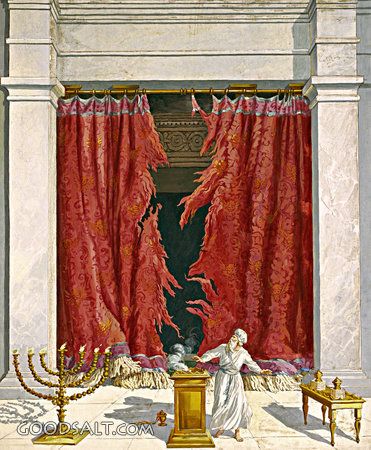
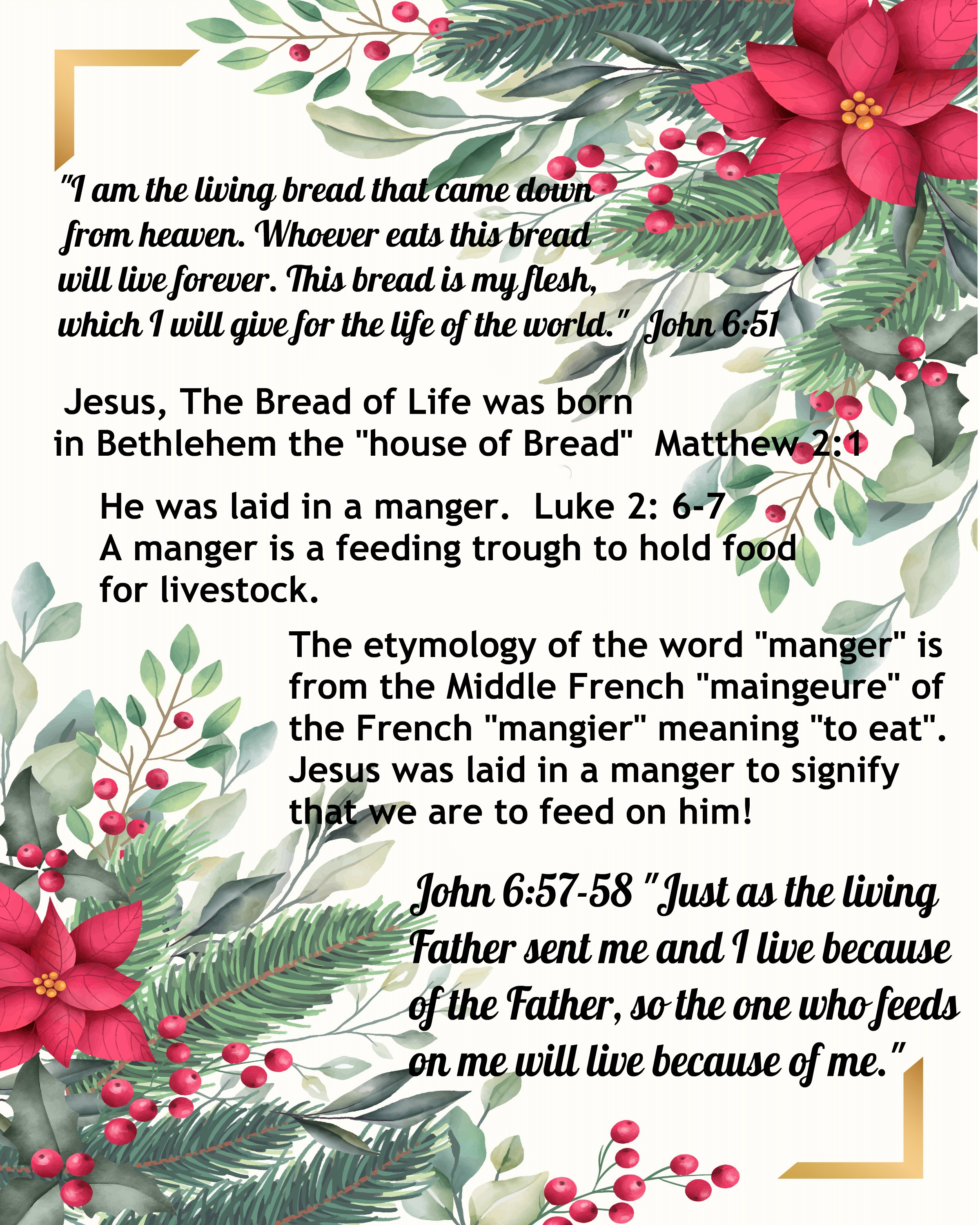








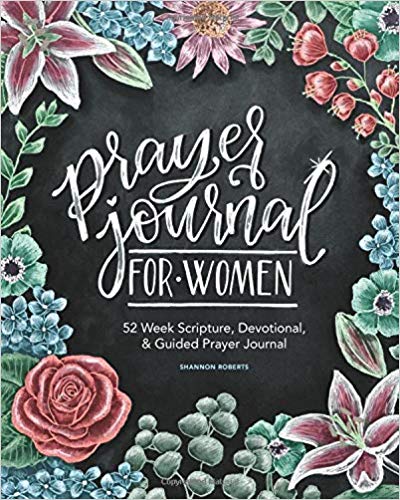

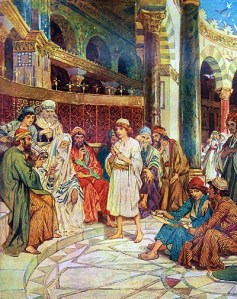
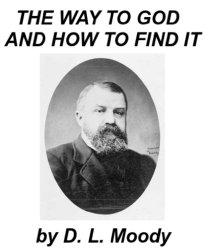



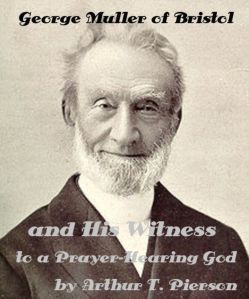



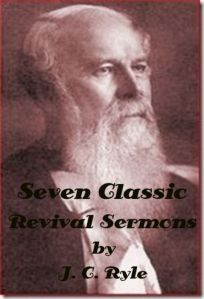

Commentary on Galatians 4 by Martin Luther “The Church is the Heavenly Jerusalem”
Leave a comment
Filed under Martin Luther, Uncategorized
Tagged as commentary on galatians, heavenly jerusalem, jerusalem that is above, Martin Luther, martin luther commentary, martin luther galatians, new jerusalem